Confucius Museum,Nishan Holy Land
WANGDA SHOWCASES supplied and installed custom museum display cases|museum showcases|museum display cabinets|vitrines for Confucius museum in Nishan Holdan Land located in Qufu, the hometown of Confucius.Confucius (/kənˈfjuːʃəs/ kən-FEW-shəs;[1] 551–479 BC)[2][3] was a Chinese philosopher and politician of the Spring and Autumn period.The philosophy of Confucius, also known as Confucianism, emphasized personal and governmental morality, correctness of social relationships, justice and sincerity. His followers competed successfully with many other schools during the Hundred Schools of Thought era only to be suppressed in favor of the Legalists during the Qin dynasty. Following the victory of Han over Chu after the collapse of Qin, Confucius’s thoughts received official sanction and were further developed into a system known in the West as Neo-Confucianism, and later New Confucianism (Modern Neo-Confucianism).
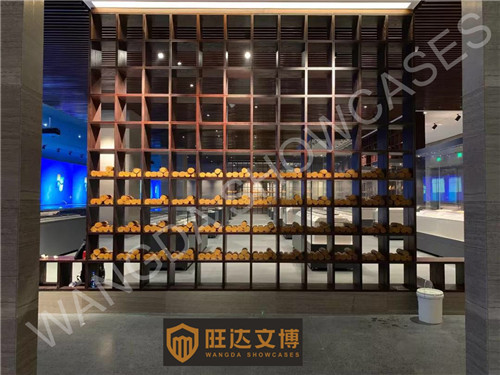
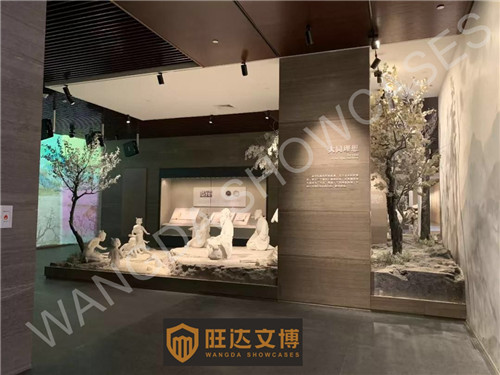
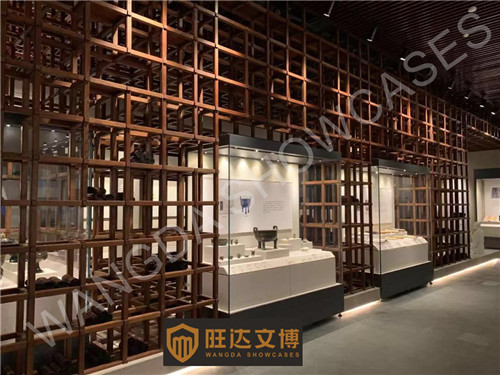
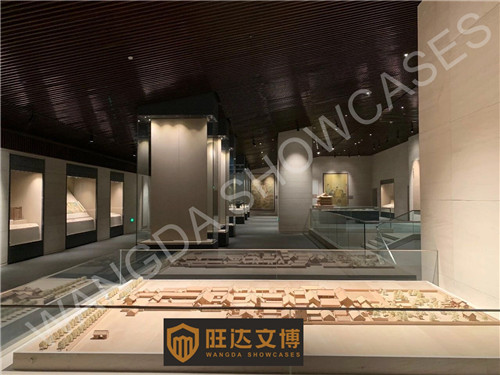
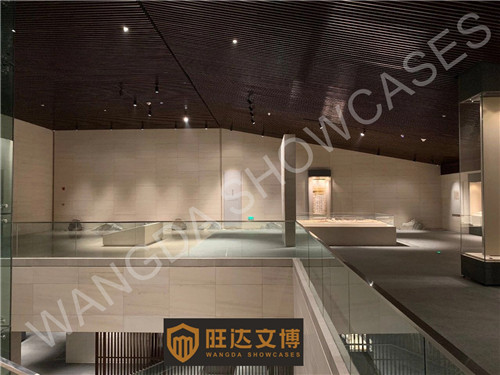
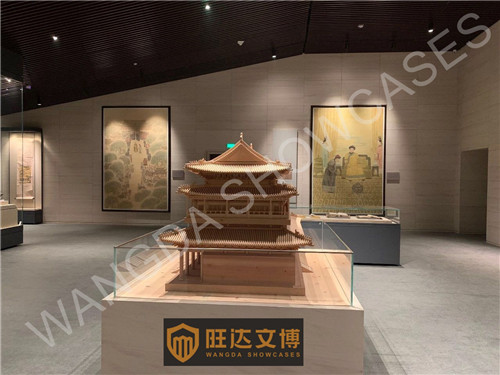
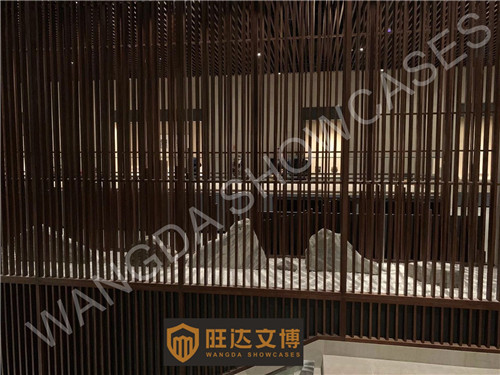
WANGDA SHOWCASES supplied and installed custom museum display cases|museum showcases|museum display cabinets|vitrines for Confucius museum in Nishan Holdan Land located in Qufu, the hometown of Confucius.Confucius (/kənˈfjuːʃəs/ kən-FEW-shəs;[1] 551–479 BC)[2][3] was a Chinese philosopher and politician of the Spring and Autumn period.The philosophy of Confucius, also known as Confucianism, emphasized personal and governmental morality, correctness of social relationships, justice and sincerity. His followers competed successfully with many other schools during the Hundred Schools of Thought era only to be suppressed in favor of the Legalists during the Qin dynasty. Following the victory of Han over Chu after the collapse of Qin, Confucius’s thoughts received official sanction and were further developed into a system known in the West as Neo-Confucianism, and later New Confucianism (Modern Neo-Confucianism).







